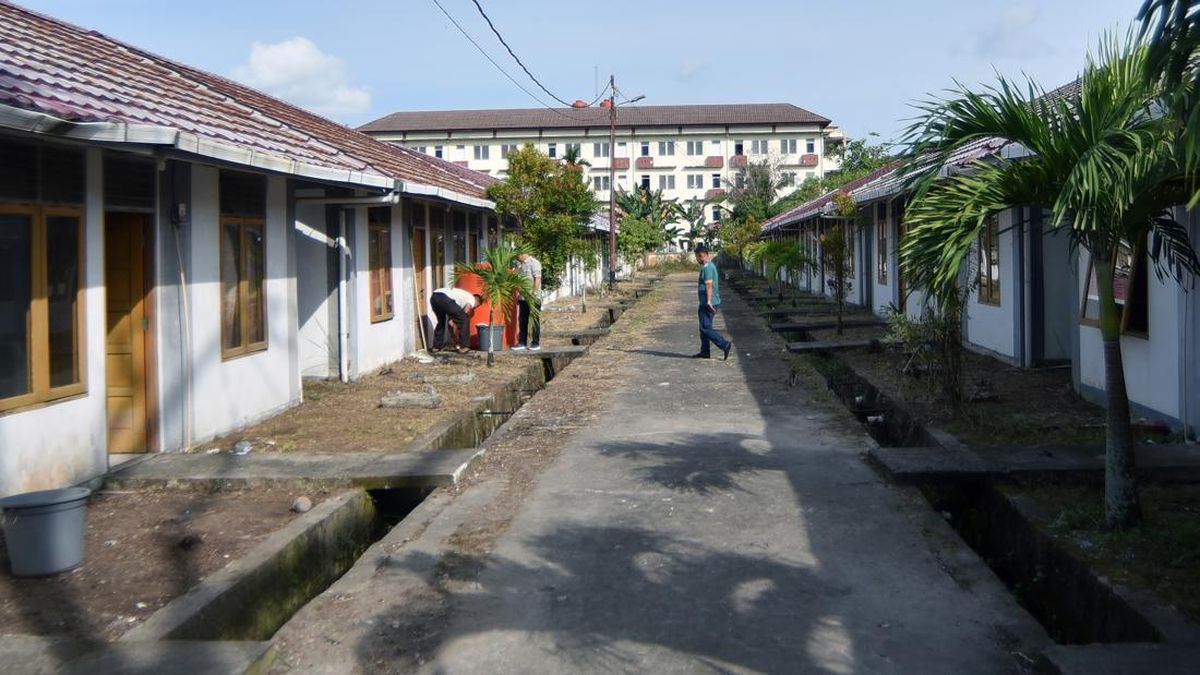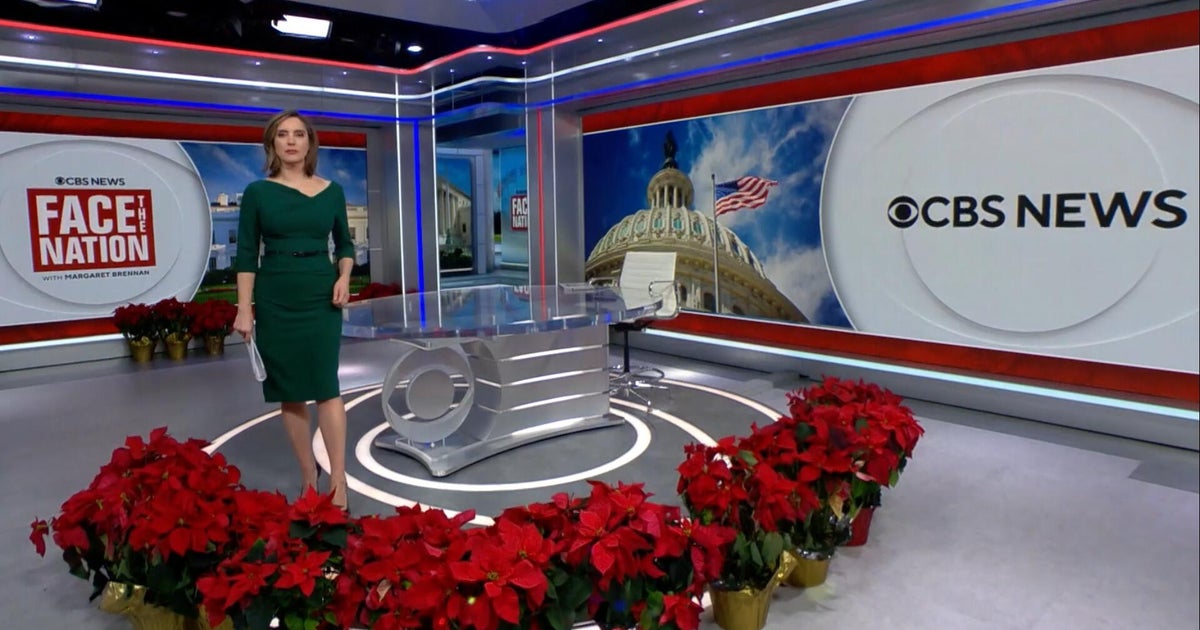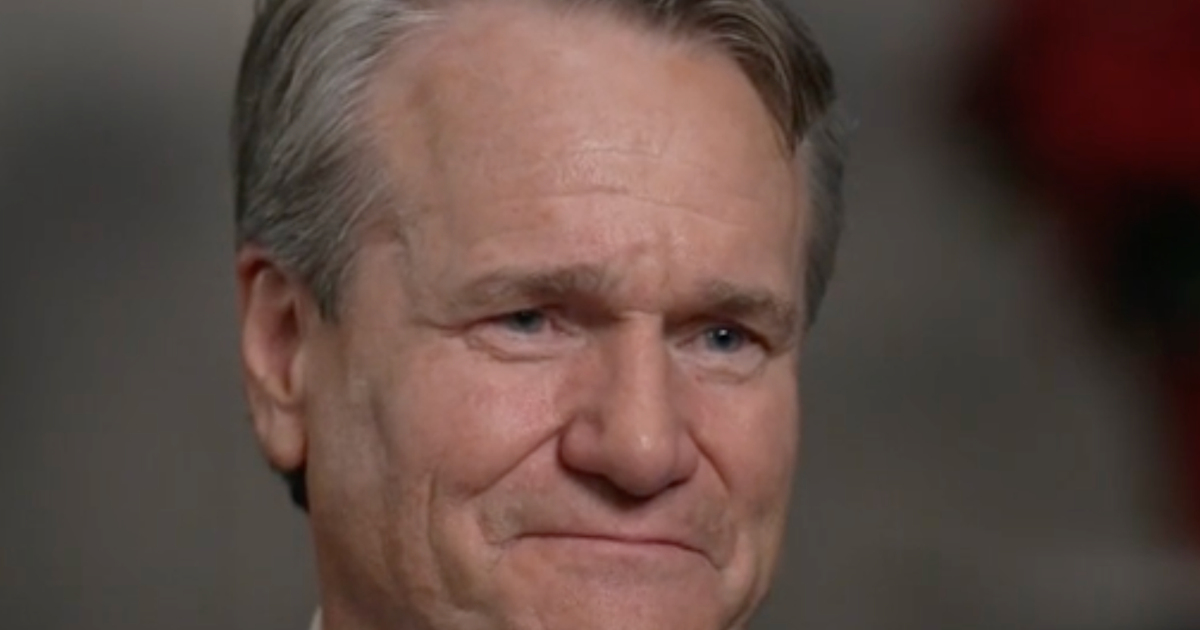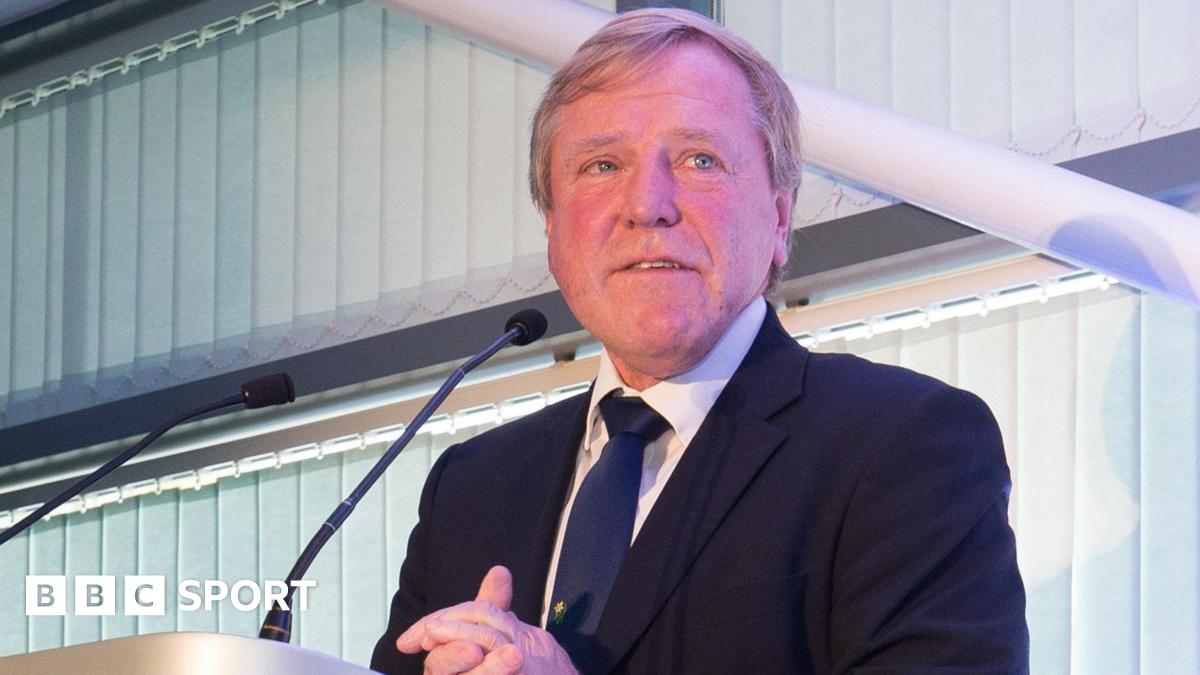NSW Premier Chris Minns has intervened to make two policies designed to favour renters more friendly to landlords, overruling the responsible minister and blindsiding stakeholders.
Sources speaking on the condition of anonymity to detail confidential discussions said Minns moved to make it easier for landlords to prevent pets in their rental properties in September last year, then, in May, loosened restrictions on landlords evicting tenants because of planned renovations.
Over the past year, Labor has implemented a raft of rental reforms, promised before the 2023 state election, to protect the more than 2.3 million tenants in NSW, barring no-grounds evictions, limiting rent increases to one per year, and providing a fee-free means of payment.

Premier Chris Minns unilaterally changed rental reforms to make it easier for landlords to prevent pets in rental properties.Credit: Marija Ercegovac
After months of consultation, NSW Better Regulation and Fair Trading Minister Anoulack Chanthivong had settled on draft legislation for allowing pets in rental properties. In line with similar reforms in ACT and Victoria, landlords would have to apply to a tribunal to refuse such a request.
But about 15 minutes before a press conference near NSW Parliament on September 24 to announce the reforms, Chanthivong and Rental Commissioner Trina Jones were called to the premier’s office and informed the policy would be changed, according to three sources. Minns had decided to proceed with a more landlord-friendly model. Pets could be barred under certain conditions, and tenants would have to dispute any unjust refusals through the NSW Civil and Administrative Tribunal.
Loading
“We’ve had to choose a system. We’ve looked at how it’s applied in Queensland and Victoria. This is the step that, we feel, is appropriate given the major reforms across the board,” Minns said at the time.
“You have to produce laws and regulations that ... provide balance in the marketplace, and this is what the suite of changes does.”
Stakeholders watching the press conference thought the premier had misspoken, according to one source. Only afterwards did they realise the policy, already approved by cabinet, had been overhauled.
Then in May, Minns announced the details of the government’s no-grounds eviction regulation. It would prevent landlords from evicting tenants without a valid reason. One of those reasons was undertaking renovations on the property. All an owner required was a quote for proposed work.
Loading
Minns decided to water down that regulation. The need for the quote was scrapped in favour of a written statement of intent from the landlord, meaning no evidence was needed that renovations would take place.
Just 32 days after it came into effect, the regulation was changed to reflect the premier’s wishes. Again, stakeholders involved in previous consultation were not warned.
Tenants Union chief executive Leo Patterson Ross applauded the rental reforms but said the decision by Minns to undercut them after an 18,000-person consultation process without “evidence or justification” raised questions about the integrity of the process.
“So changing the regulations without further consultation, discussion or transparency, 79 days after they had been published and a month after they commenced as live law is really poor public policy development,” he said.
“And, crucially, for a reform that for us was about creating trust in a renting system that has been allowed to cause so much distress and turbulence, it also raises serious questions about the integrity of the whole reform – people are asking what other protections might now be stripped away without warning.”
One MP said Minns appeared to change his mind as he announced the policy. The premier later said the decision was influenced by “confidential feedback” but declined to say who provided it.
Real Estate Institute of NSW chief executive Tim McKibbin agreed with the premier’s decision to remove the obligations for landlords to provide evidence of renovations. But he said his organisation was unaware of what drove the policy changes.
“It wasn’t us who convinced the premier to change it,” he said.
A spokesman for the premier did not respond to questions about why the changes were made and whether Minns was lobbied by any groups before the amendments.
“NSW renters now have greater protection than ever before, including the banning of no-grounds evictions, longer notice periods, clear appeal rights to the tribunal, and strong penalties against landlords who abuse the system,” the spokesman said.
Chanthivong said renters were protected from no-grounds evictions still.
“The adjustment to evidentiary requirements is a minor change, and simply proves that we will continue to adapt to industry and renters’ concerns as and when we need to,” he said.
Greens housing spokesperson Jenny Leong accused the government of undermining its own reforms to “appease the rental lobby”, saying: “how disingenuous to celebrate landmark rental reforms and then turn around a month later and quietly create loopholes for landlords.”
Liberal opposition fair trading spokesman Tim James asked who was responsible for altering the policy, saying evidence at budget estimates demonstrated neither stakeholders, the department nor the rental commissioner had asked for the changes.
“With one-third of people renting in NSW, this matters. Instead, the government has acted in secrecy, without consultation, and can’t even explain why. That’s no way to govern,” he said.
Jones, the rental commissioner, declined to comment.
Start the day with a summary of the day’s most important and interesting stories, analysis and insights. Sign up for our Morning Edition newsletter.
Most Viewed in Politics
Loading

















































